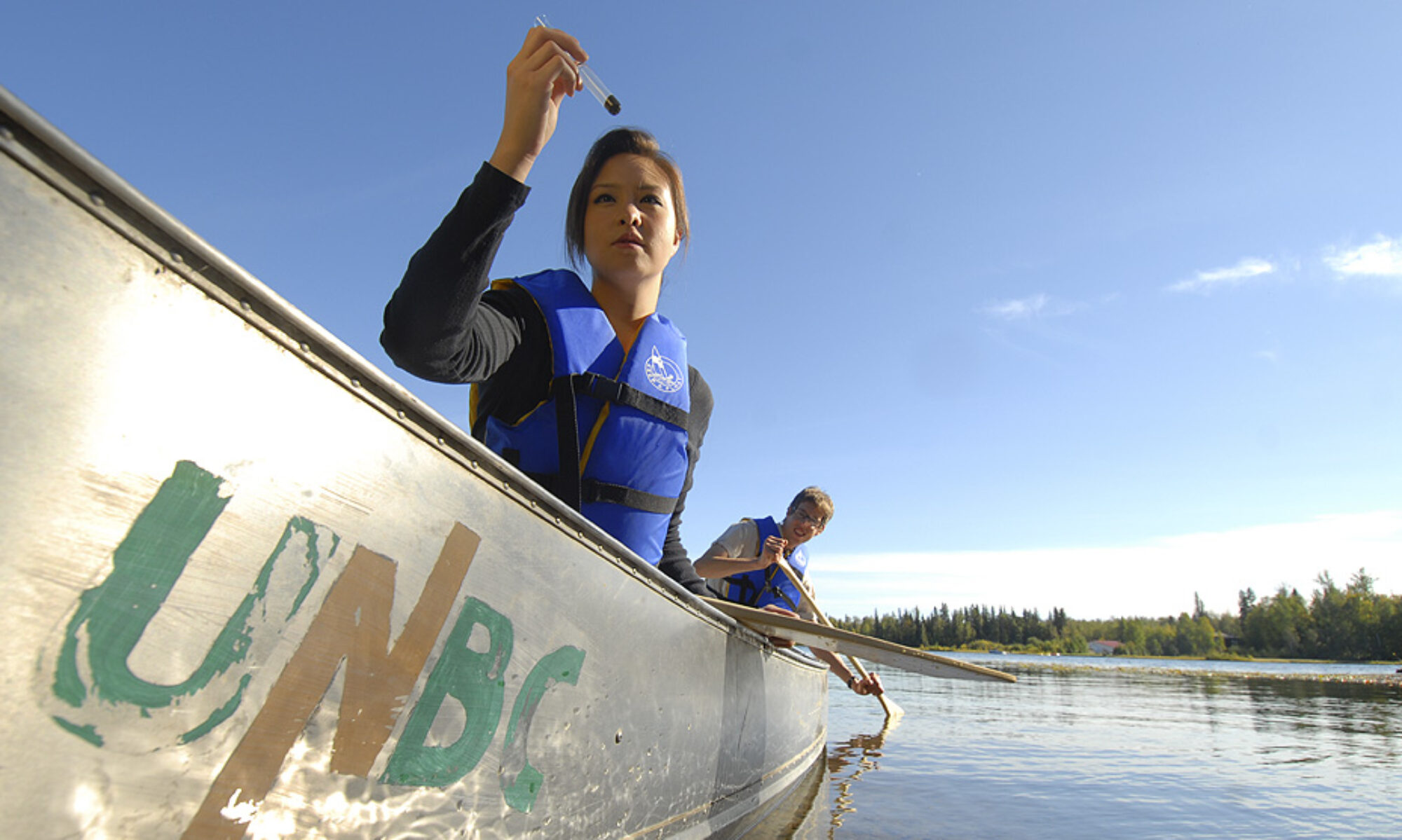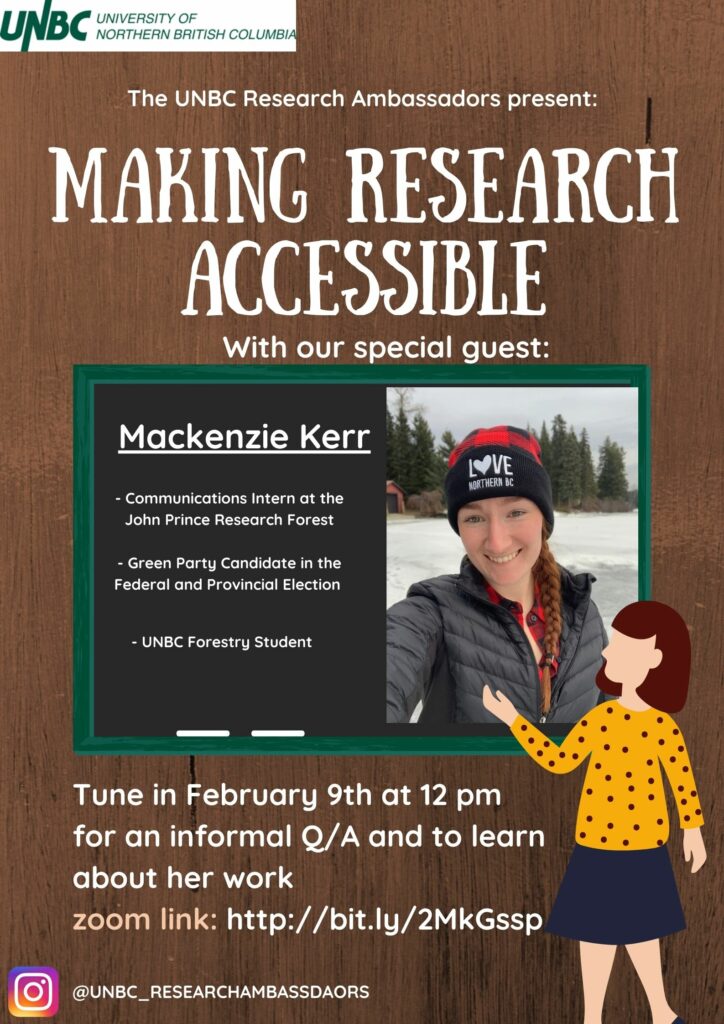Making Research Accessible with a “Fun” gi – Special Guest Dr. Hugues Massicotte
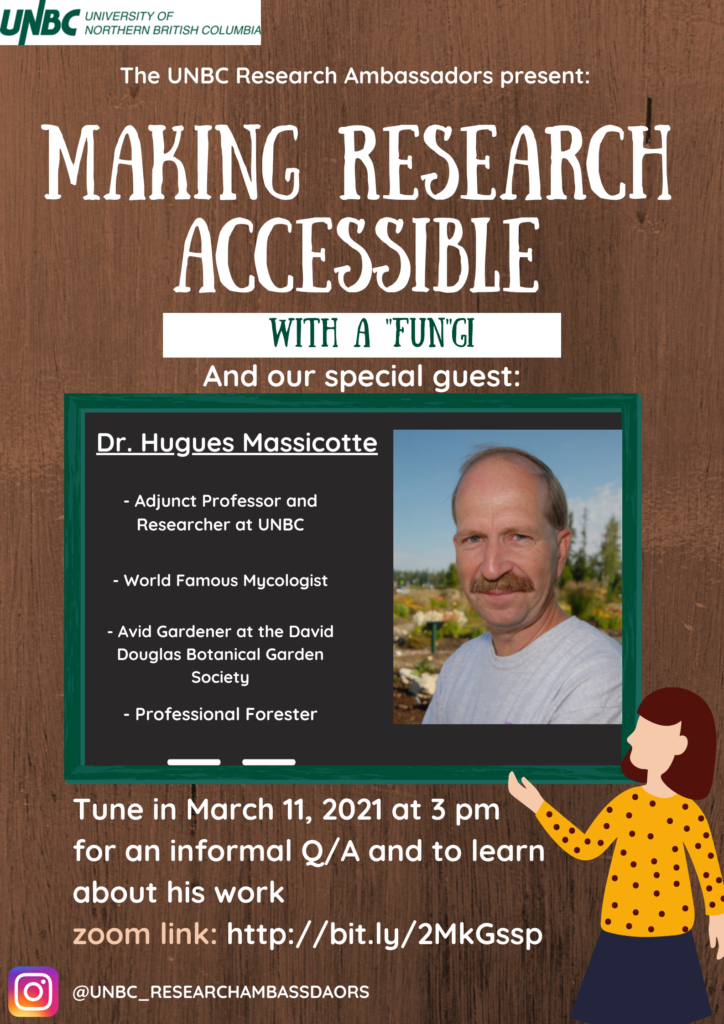
See the full recording here ——–
Making Research Accessible for Seniors with Dr. Shannon Freeman
Making Research Accessible for Seniors
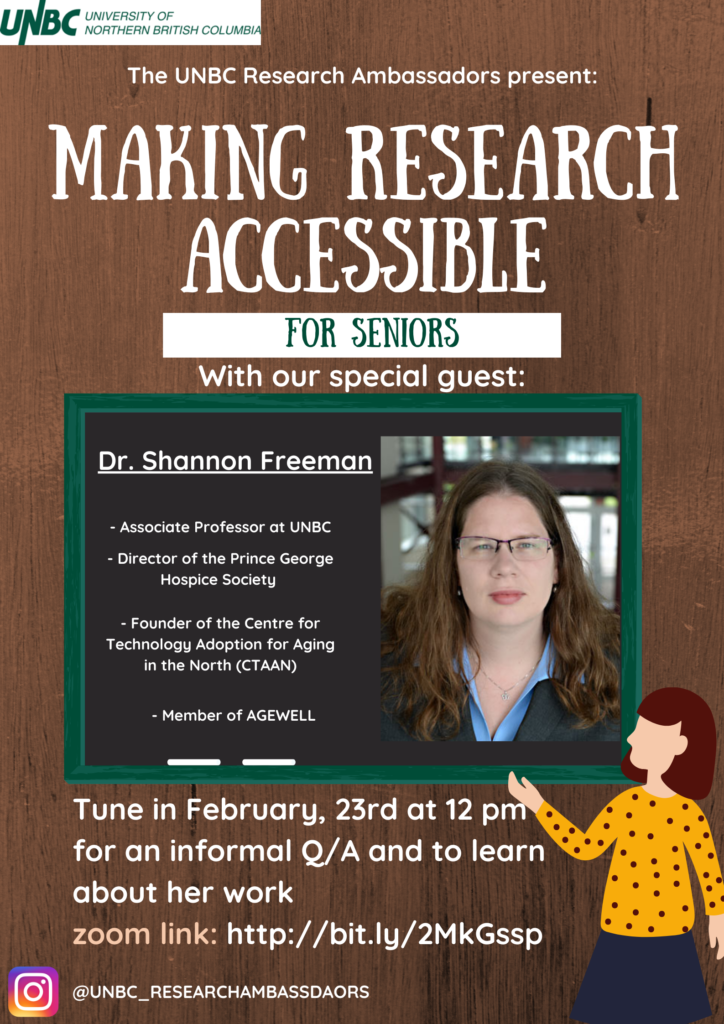
Making Research Accessible with Social Media with Mackenzie Kerr
Mackenzie Kerr has been a candidate for the Green party in the federal and provincial election and recently finished her degree in forestry from UNBC. She is passionate about knowledge translation and making politics accessible. Her new position for the John Prince Research Forest at a social media intern is exactly that. She is translating research into accessible and easy to understand social media posts. JPRF is a co-managed research forest by Tl’azt’en First Nation and UNBC just outside of Fort St. James. It is the largest research forest on the continent. Through this position, she is hoping to inspire others to choose a career in natural resources and build a bridge between scientists and sharing their research online. She is excited to share with us why she thinks this is crucial and how it can connect to the larger issue of inaccessible science in our society today.
February 9th @12:00 p.m
LINK TO JOIN (https://bit.ly/2MkGssp)
Rant with the RAs
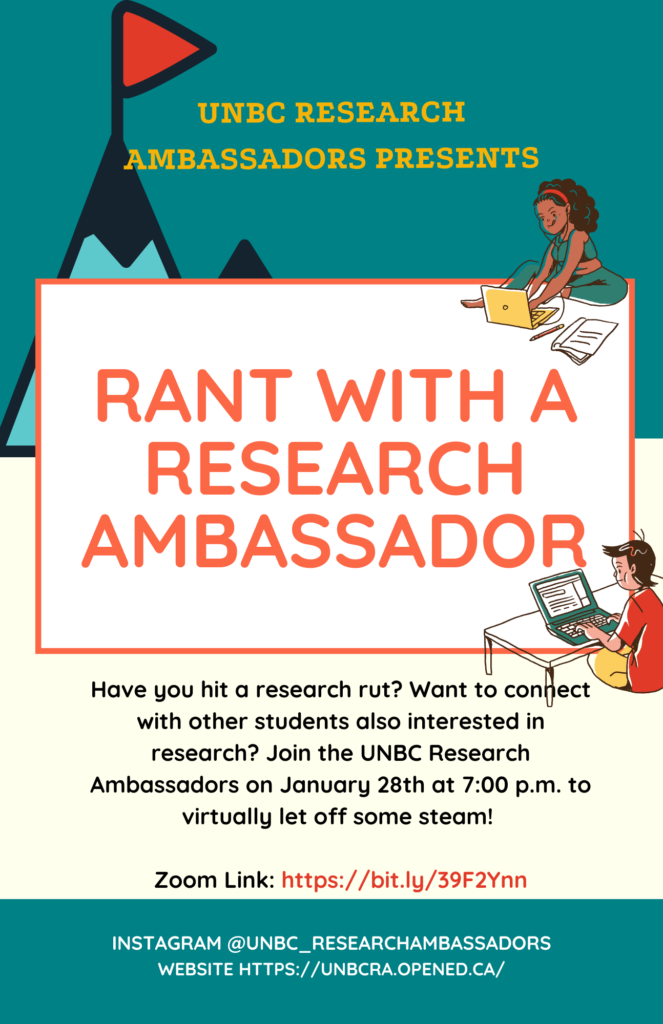
Research Your Way to Success Session 4 – Doing Research Remotely
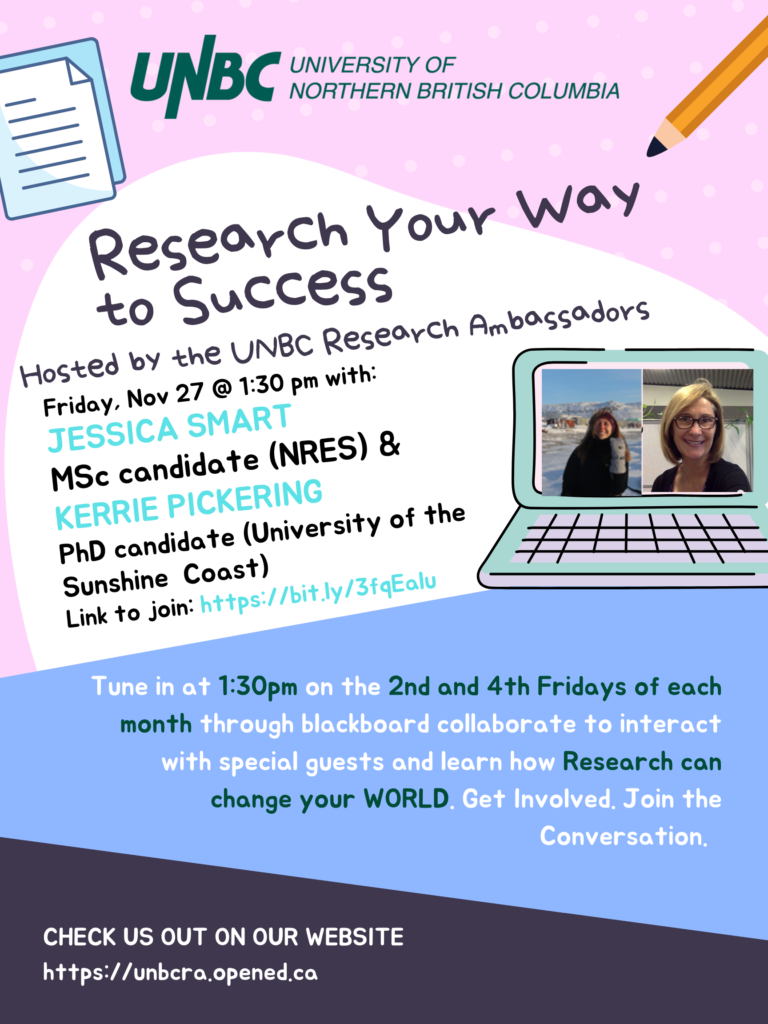
About the Presenters
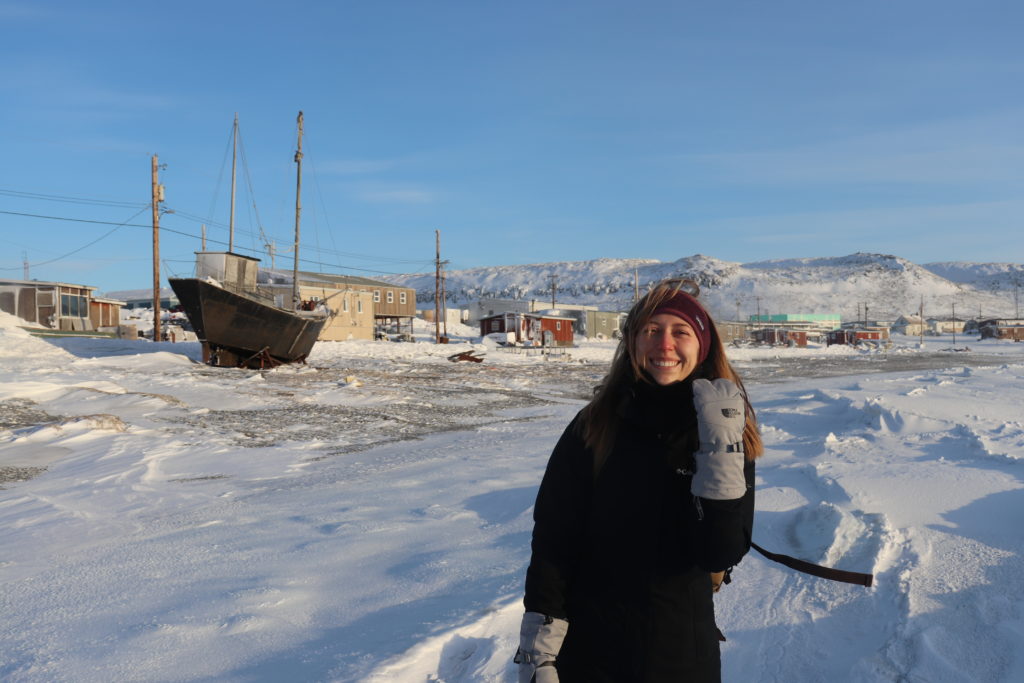
Jessica Smart is a graduate student in the Natural Resources & Environmental Studies program at UNBC working under the supervision of Dr. Tristan Pearce. Her graduate work is interested in co-producing knowledge among Inuit and scientists to better understand recent changes observed in Arctic char in the Western Canadian Arctic. In this presentation, she will discuss her research journey from her undergraduate experiences to what led her into Arctic research. Jess will touch on some challenges posed by COVID-19 and how it has impacted her ability to conduct community-led, interactive research.

Kerrie Pickering explores the intersection between health and the environment. As a PhD candidate at the University of the Sunshine Coast, Australia Kerrie’s research PhD examines the relationship among food security and social and ecological change in Fiji. Her interest comes from an international career as an RN and having completed a BSc Environmental Studies followed by a MA Geography. Her past research has included exploring if engagement in citizen science impacts the well-being of nursing home residents; assessing the adaptive capacity of the Ontario wine industry for climate change adaptation; project management for a Niagara climate change collaborative management project; research assistantship investigating adaptive collaborative management in biosphere reserves in Canada and Sweden. As Kerrie is completing her PhD, she is beginning work with the COVID Observatories and exploring how indigenous people in Fiji are experiencing and managing food security during the covid-19 pandemic.
Research Your Way to Success: Session 4
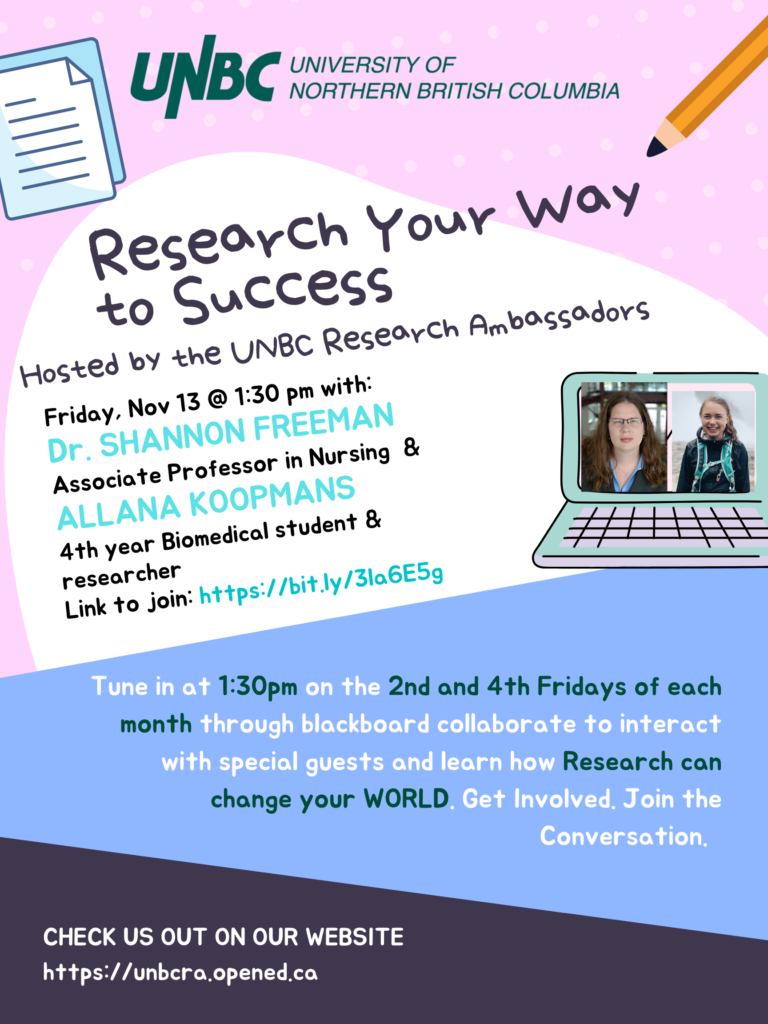
About the Presenters
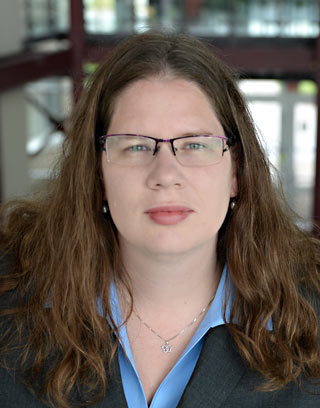
Dr. Shannon Freeman
Dr. Freeman is a member of AGEWELL: Canada’s technology and aging network focusing on innovative solutions to support healthy aging and is leading work examining clinical need for long-term care in rural and northern communities. She is working on developing a safe transition program for residents to return to community-based setting of care. This mixed methods project employs an integrated knowledge translation approach within a knowledge to action’ framework and is conducted in partnership with the Northern Health Authority. Dr. Freeman is also working on closing the gap between technology development and its implementation and sustained use, especially for older adults in rural and northern areas. To that end Dr. Freeman is establishing a Centre for Technology Adoption for Aging in the North – CTAAN – A collaborating center for innovations in technology development and implementation to support older adults in rural and northern communities, which will connect researchers and technology developers with healthcare systems decision-makers, leaders and care providers. Dr. Freeman’s work with CTAAN will focus on adapting, piloting, and implementing new and existing technology solutions tailored to address the challenges experienced by rural and northern communities Dr. Freeman also takes an active role in research focused on hospice palliative and end-of-life care and is a Director of the Prince George Hospice Society. Dr. Freeman has published 37 peer reviewed articles, co-edited a book, written 8 book chapters, and had an active role in the creation of the interRAI Palliative Care Clinical Assessment Protocols.

Alanna Koopmans
Alanna is a 4th year student majoring in Biomedical Studies in UNBC’s Bachelor of Health Sciences Honours program. Alanna’s honours thesis will be looking at the experiences of physical activity in people with Multiple Sclerosis during the COVID-19 pandemic. Alanna has worked as the Patient Engagement Coordinator on the Patient Oriented Predictive Modelling of Healthcare Utilization (POPMHU) team, supervised by Dr. Shannon Freeman (UNBC) and Dr. Piper Jackson (TRU), since March 2020. Alanna completed an Undergraduate Research Experience with the UNBC site of the Dementia Inclusive Choices for Exercise (DICE) project under the guidance of Dr. Shannon Freeman and Dr. Chelsea Pelletier in the Winter 2020 term. Alanna has research interests in physical activity, health of rural and remote communities, aging, dementia, health across the lifespan and chronic disease.
Research Your Way to Success – Session 3
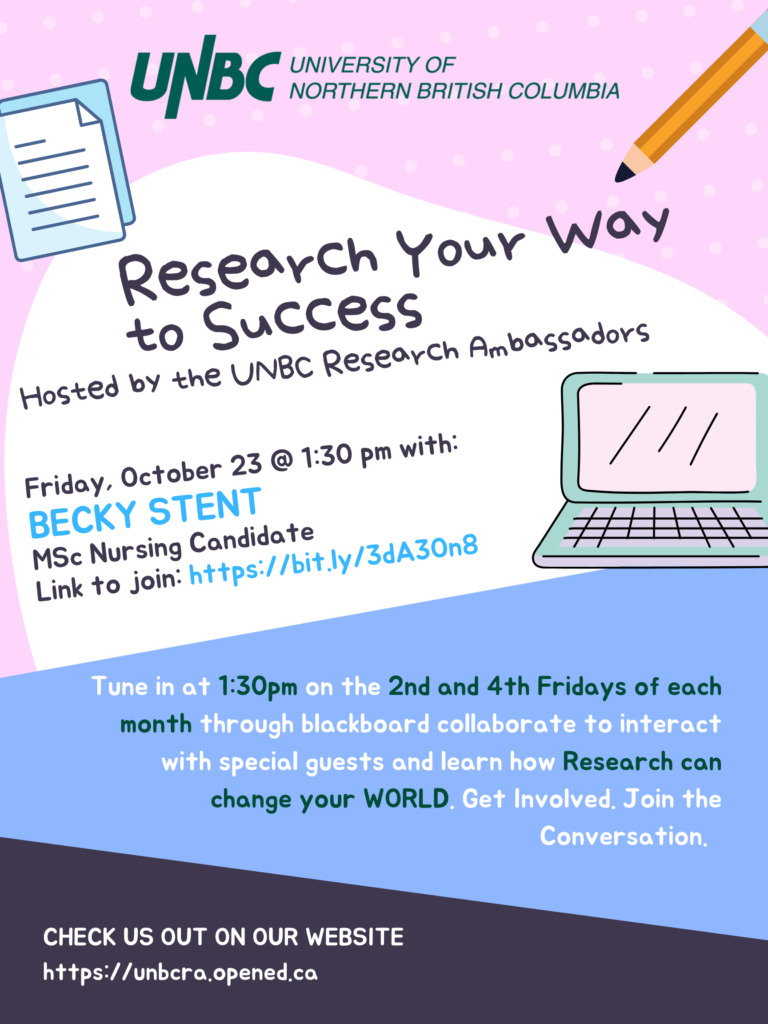
About the Presenter
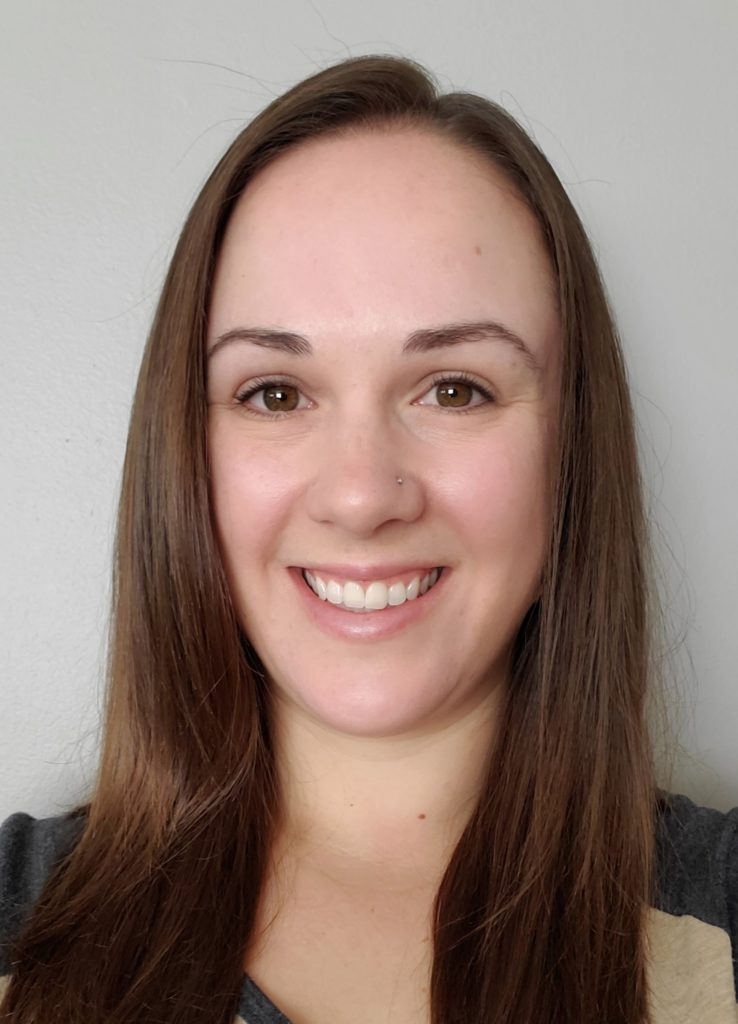
Rebecca Stent is a Registered Nurse currently working on her thesis for a Master of Science in Nursing degree at UNBC. She previously completed her Bachelor of Science in Nursing degree at Thompson Rivers University in 2011, and has been working primarily in home and community care since then. In addition to her thesis, Rebecca is currently working as a Research Assistant on a patient-oriented feasibility study, which uses hermeneutic and implementation science approaches to explore how care coordination can be improved for patients newly diagnosed with cancer in Northern British Columbia. This presentation will discuss both the study itself, as well as Rebecca’s experiences of getting involved in research within the UNBC community and how this has impacted her studies and career development.
